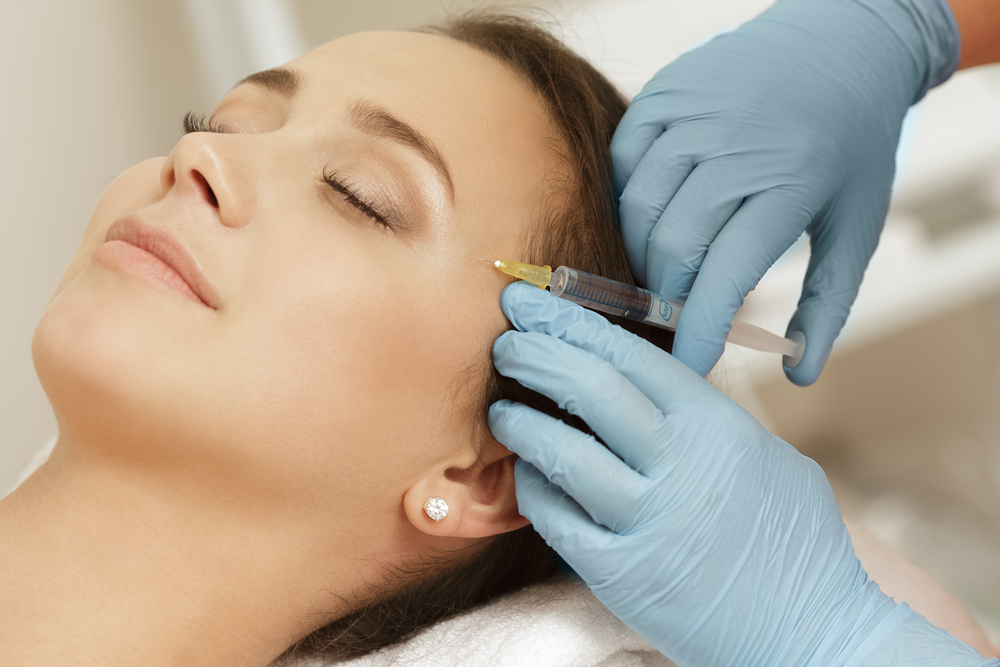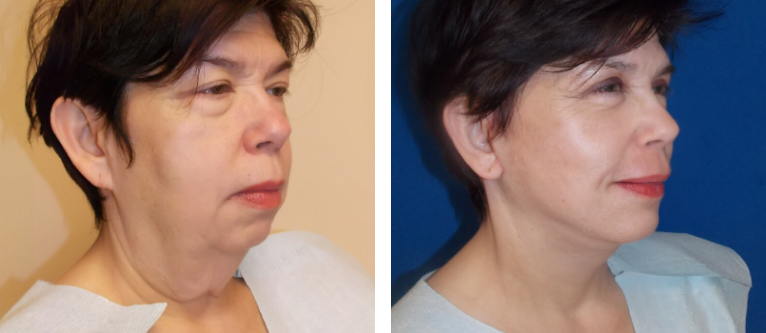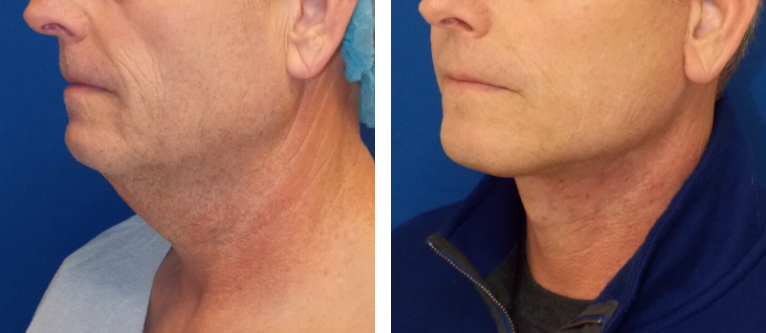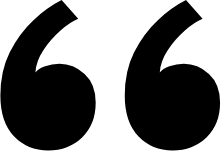The natural aging process often results in lines, creases, and skin laxity that can make men and women look older. While these issues are bothersome, many patients are hesitant to undergo a surgical procedure to correct them.
Fortunately, dermal fillers offer safe and effective facial rejuvenation without incisions, anesthesia, or downtime. Plus, these cosmetic injectables are now available in a variety of compositions to customize treatment and provide natural results.
So, which product is right for you? Here’s what you need to know about the four types dermal fillers, including calcium hydroxylapatite, hyaluronic acid, poly-L-lactic acid, and polymethyl-methacrylate microspheres (PMMA).
1. Calcium Hydroxylapatite –Radiesse
Radiesse is one of the most established dermal fillers and is comprised of a mineral-like compound found in bones called calcium hydroxylapatite (CaHA). It’s often used to address moderate to severe creases, deflated cheeks, facial wasting, and aging hands.
Additionally, the chances of allergic reaction, complications, and product migration with are CaHA rare, and therefore, injectors rely on it for smooth and subtle enhancement of facial contours.
2. Hyaluronic Acid – Restylane and Juvederm
Many of the best-known dermal fillers are made of hyaluronic acid, as it’s an incredibly versatile product with a high safety profile. It’s also a substance that’s naturally produced by the body and can hold up to 1000 times its weight in water, for instant volumizing and hydrating effects.
Moreover, hyaluronic acid fillers offer diverse correction and augmentation for a wide-range of cosmetic concerns. Indications for use include:
Deep smile lines extending from the side of the nose to corners of the mouth (nasolabial folds);
Lines at the corners of the mouth (marionette lines); Poorly-defined lip border; Vertical lines around the mouth (smoker’s lines); Age-related volume loss in the cheeks and hands; Moderate to severe wrinkles; and thin lips.
3. Poly-L-Lactic Acid – Sculptra
Sculptra is a synthetic dermal filler that contains poly-L-lactic acid. It’s known as a stimulator because its injection into soft tissues initiates an inflammatory effect that produces new collagen. Results appear gradually and take four-to-six weeks to peak.
Poly-L-lactic acid is recommended for treatment of nasolabial folds and age-related volume loss and can last for up to 2 years.
4. Polymethyl-Methacrylate Microspheres (Pmma) – Bellafill
PMMA is a semi-permanent filler, whose brand name is Bellafill. This injectable is used to treat medium to deep wrinkles, folds, and acne scars, and benefits can last for up to five years.
However, a series of injections are required, and it can take up to three months to see final effects.
To learn more about your dermal filler options, please call our office today to schedule a consultation.








